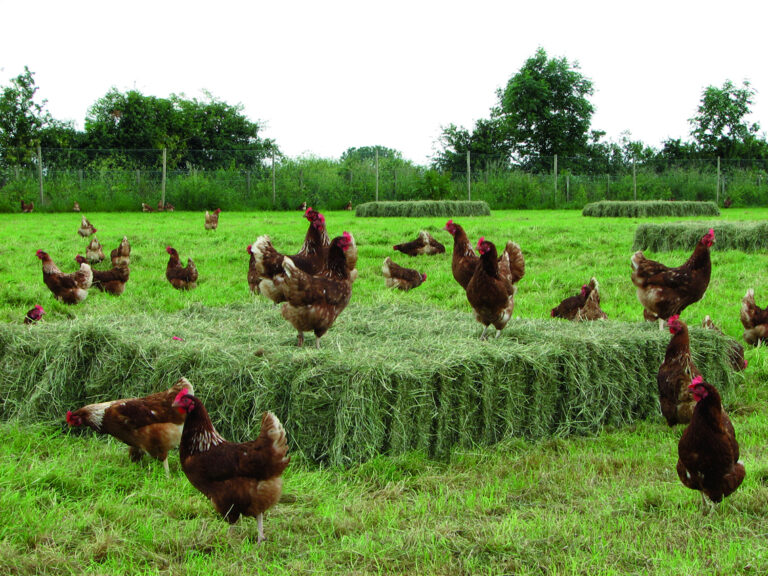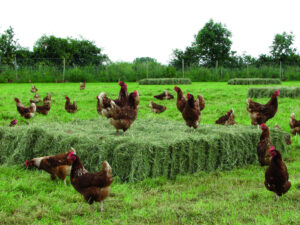The British Veterinary Association (BVA) and British Veterinary Poultry Association (BVPA) are urging backyard poultry keepers to protect their flocks with practical biosecurity steps.
Over the last week, there have been several confirmed cases of the H5N8 strain of Avian Influenza in wild birds and backyard flocks in Carmarthenshire, Yorkshire and at a swannery in Dorset.
As private poultry keepers are faced with changing the way they usually keep their birds, BVA and BVPA are offering advice on sensible ways in which keepers can separate captive birds and backyard flocks from wild birds.
BVA and BVPA would recommend the following tips to keepers of captive birds and backyard flocks:
· Read and act on Defra’s Avian Flu (bird flu) factsheet designed for keepers of small flocks of poultry, which includes helpful advice on protecting your birds
· If you do not have a permanent building to house your birds in, think how you could adapt an outbuilding, such as a shed, or erect a temporary structure like a polytunnel using netting to prevent contact with wild birds – the key is to stop contact between wild birds and your flock
· Think of your flock’s welfare while the prevention zone is in place: check for and remove any hazardous substances from any building where you are housing your birds; make sure there is natural light; and that the environment is interesting to reduce the risk of feather pecking by, for example, adding straw bales and perches
· Remember that good biosecurity reduces the risk of infection: keep food and water supplies indoors where they cannot be contaminated by wild birds; feed your birds indoors and keep them away from standing water; keep movement in and out of enclosures to a minimum and scrupulously clean footwear before and after visits.
BVA President, Gudrun Ravetz, said: “The confirmation of Avian Influenza in a number of small flocks shows the very real risk that the disease poses to backyard flocks and the importance of keeping them separate from wild birds. We know that not all backyard keepers will have to hand buildings that they can immediately house their flocks in, so Defra’s leaflet gives practicable advice on alternatives, including temporary structures.
“Biosecurity is also as important to smallholders and hobby keepers of birds as it is to large scale and commercial poultry keepers. Tight biosecurity, such as maintaining high levels of cleanliness and hygiene and not allowing visitors to come close to your birds, is essential.
“Signs of avian flu can vary between species of bird and could range from very mild signs like seeming ‘off colour’ or reduced feed or water intakes through to the severity of death. If you are concerned about your flock, please speak to your local vet.”
BVPA President, David Welchman, said: “BVA and BVPA’s advice to backyard poultry keepers mirrors the advice issued by governments in England, Scotland and Wales. It is important to keep backyard flocks safe and well during the current outbreaks of Avian Influenza in Europe. Thorough biosecurity is critical in reducing the risk of infection, and we cannot emphasise enough the current importance of keeping captive birds separate from wild birds. We are also very pleased that the Defra factsheet gives advice on how to maintain good welfare for your poultry during the Prevention Zone period so we’d urge keepers to read the factsheet and act on it.”



